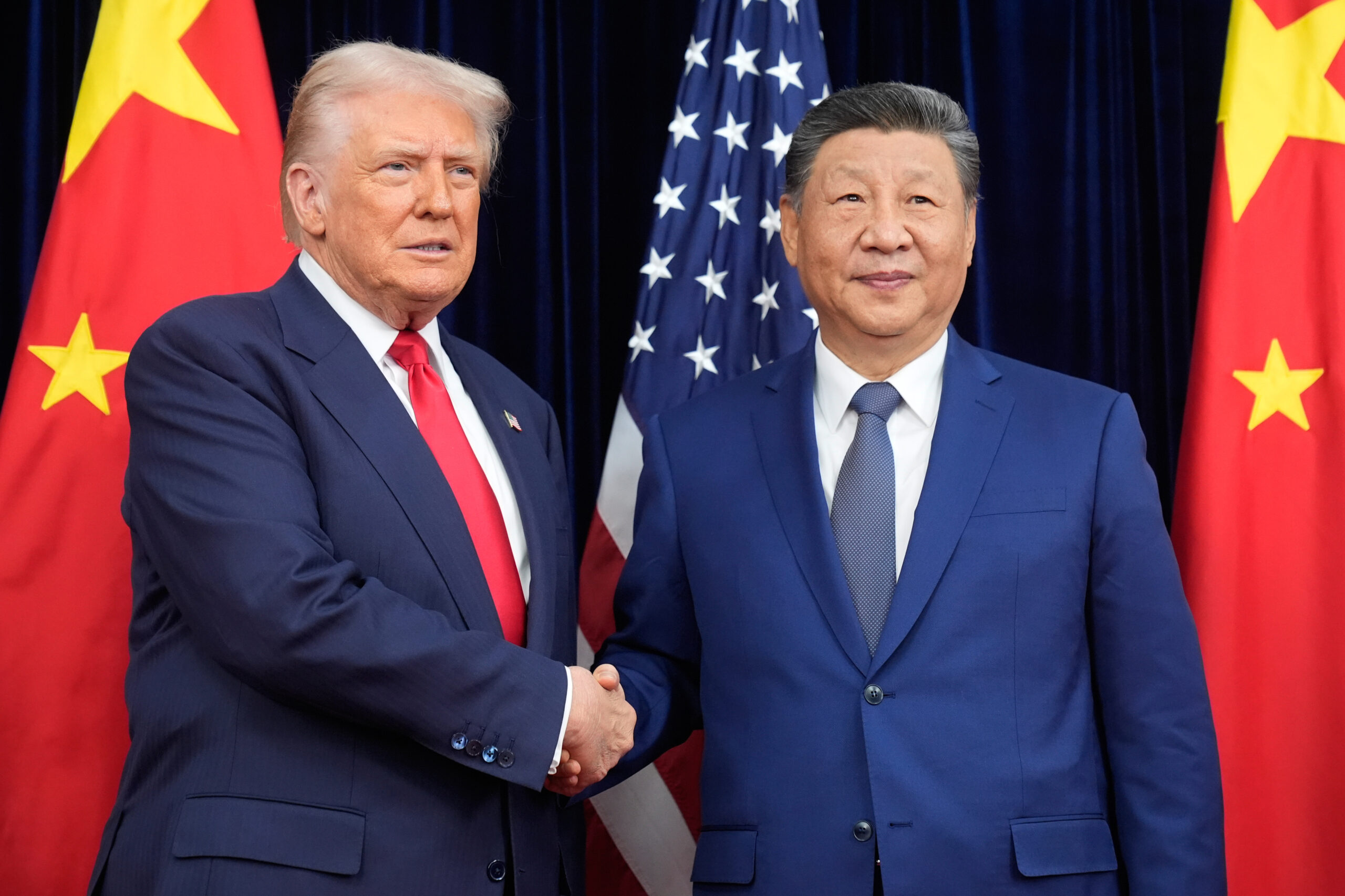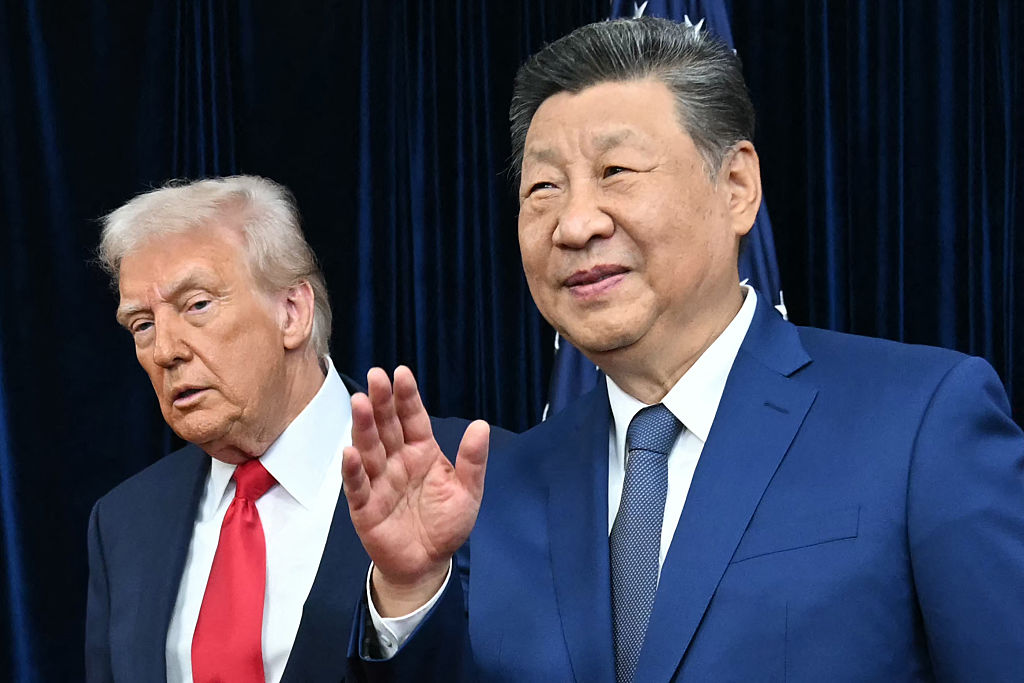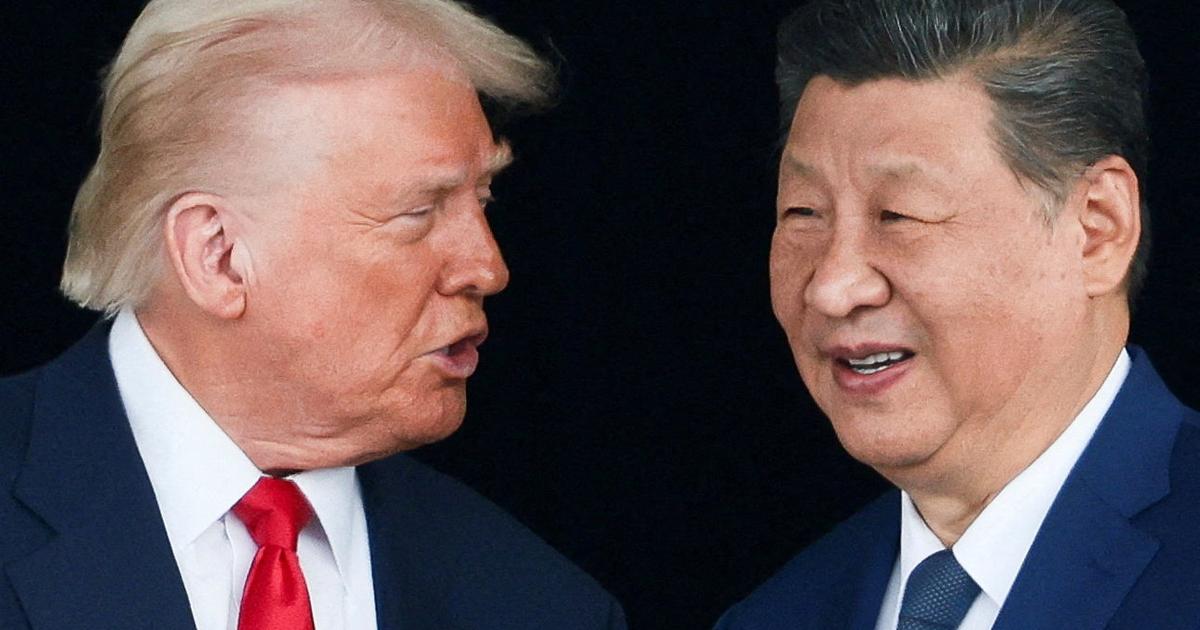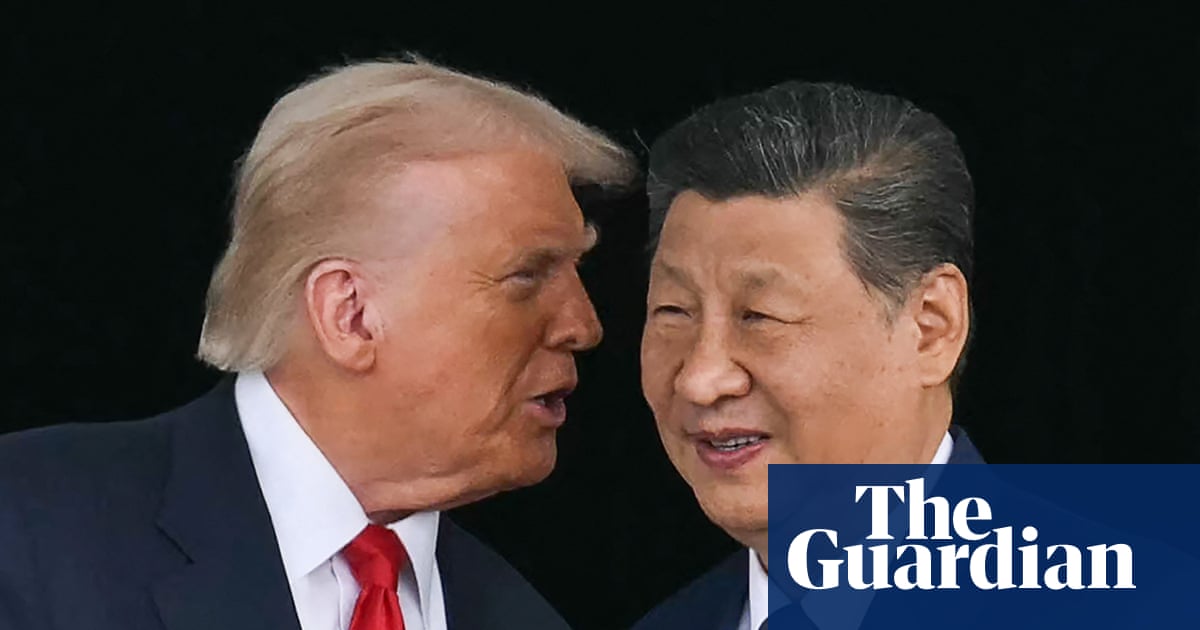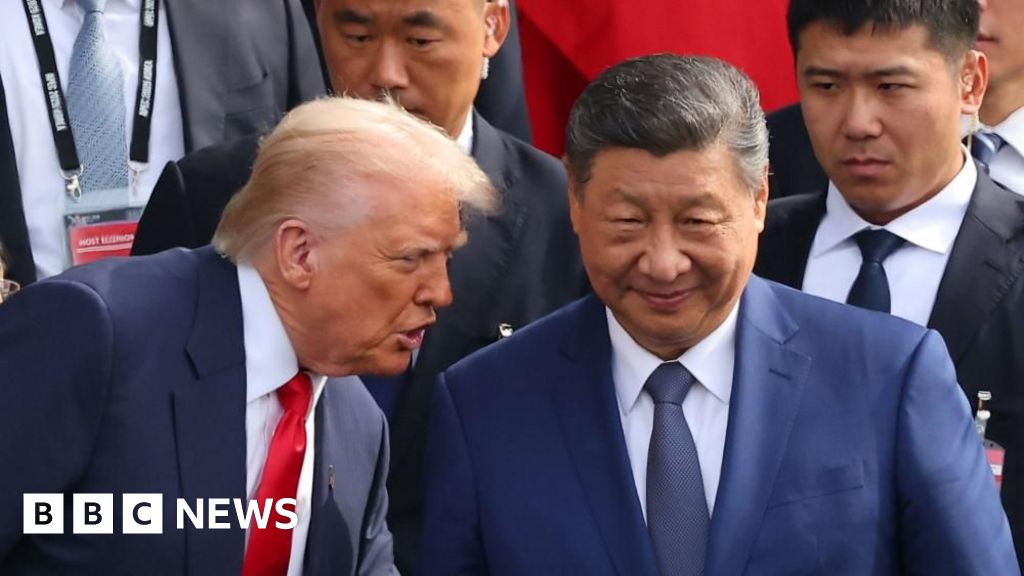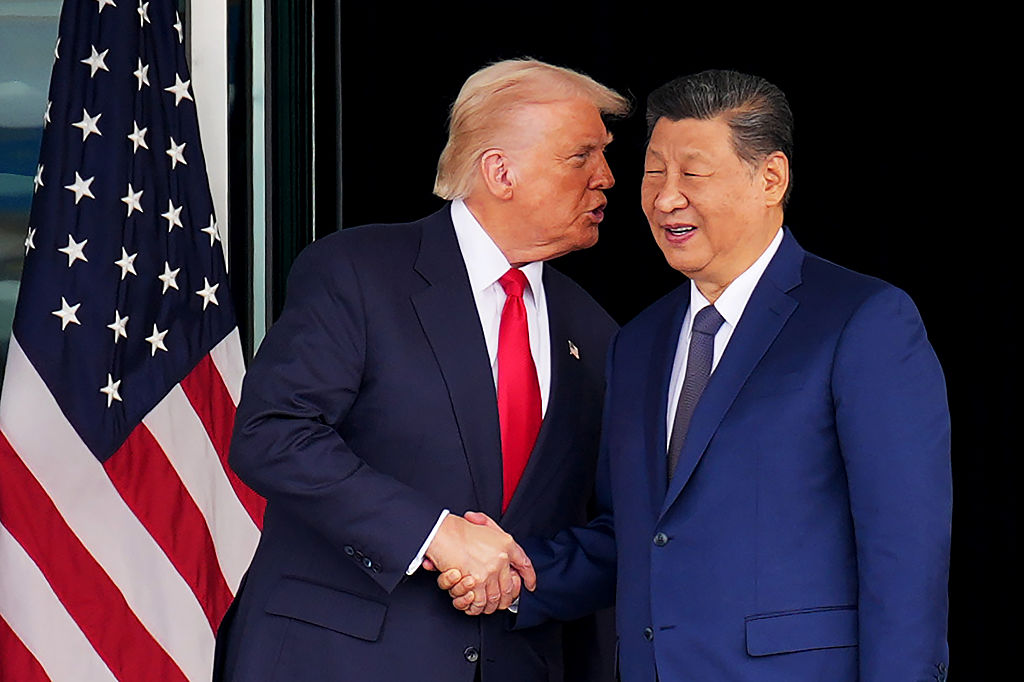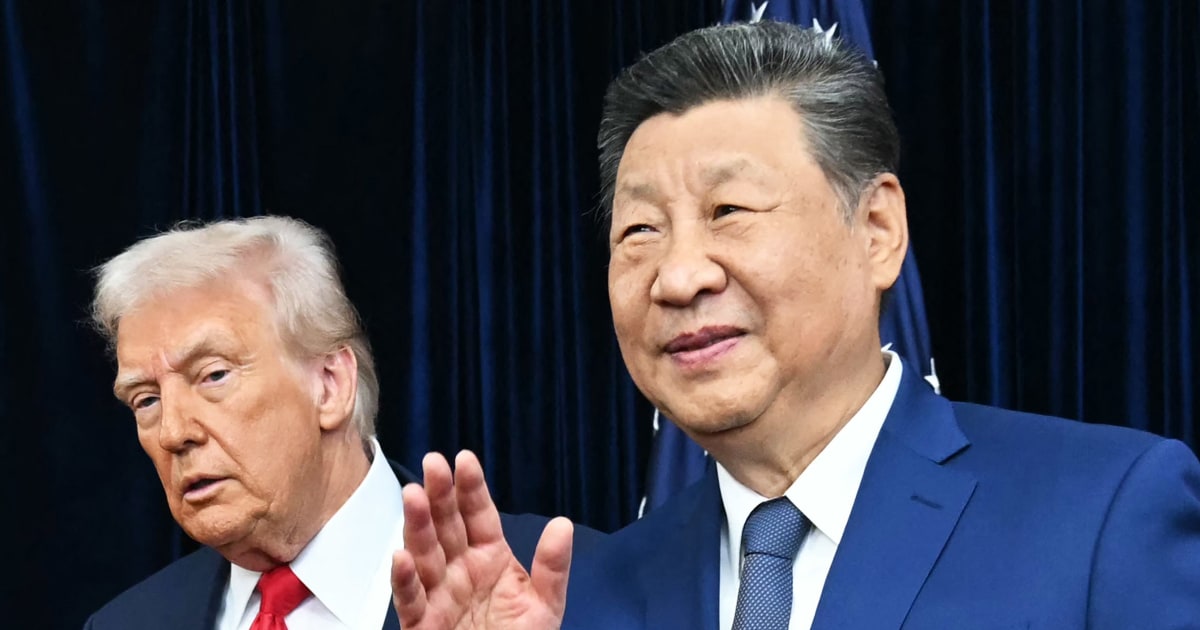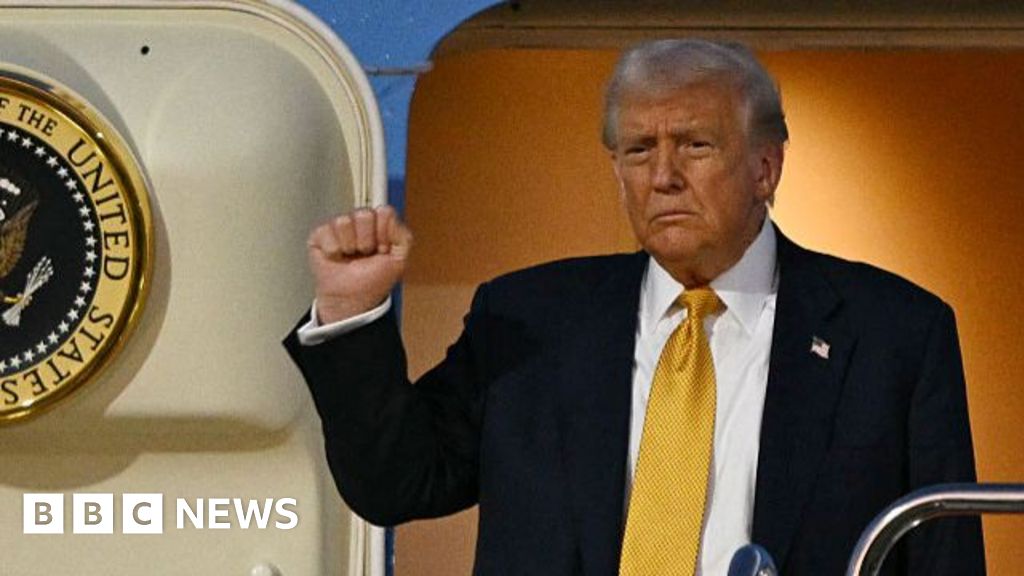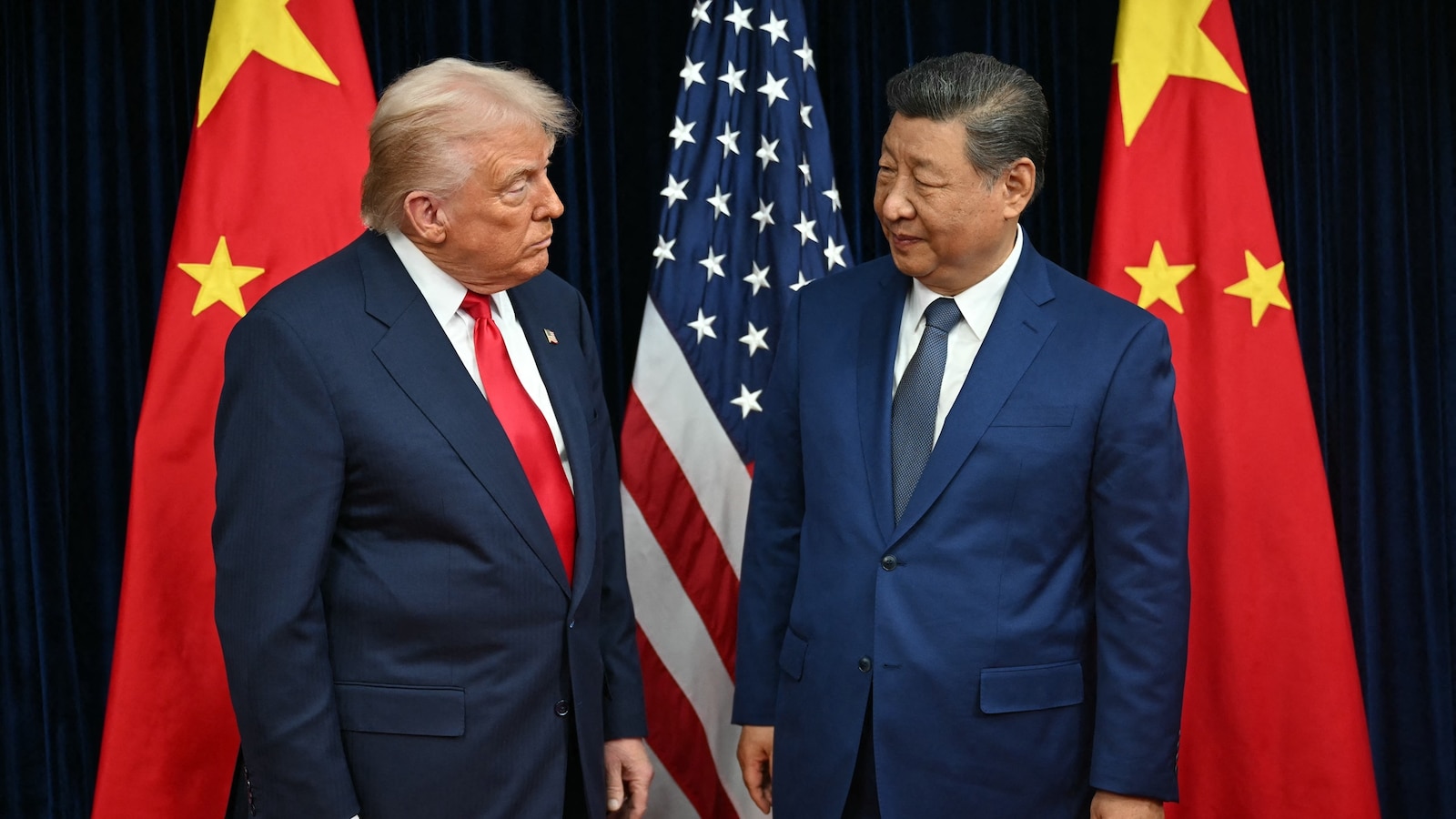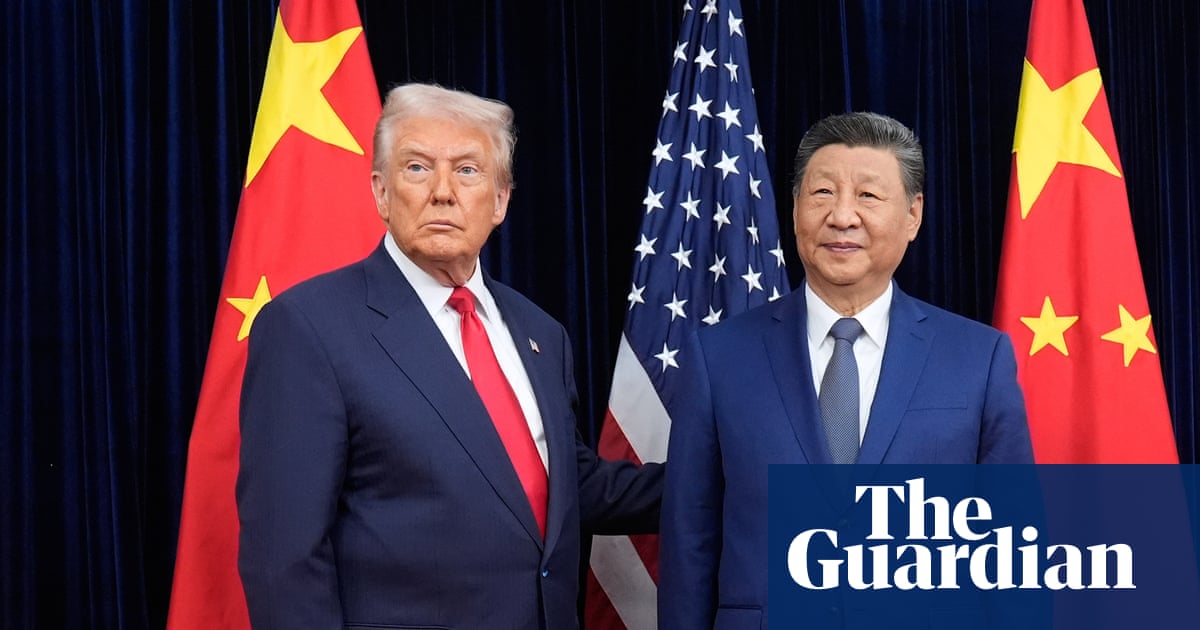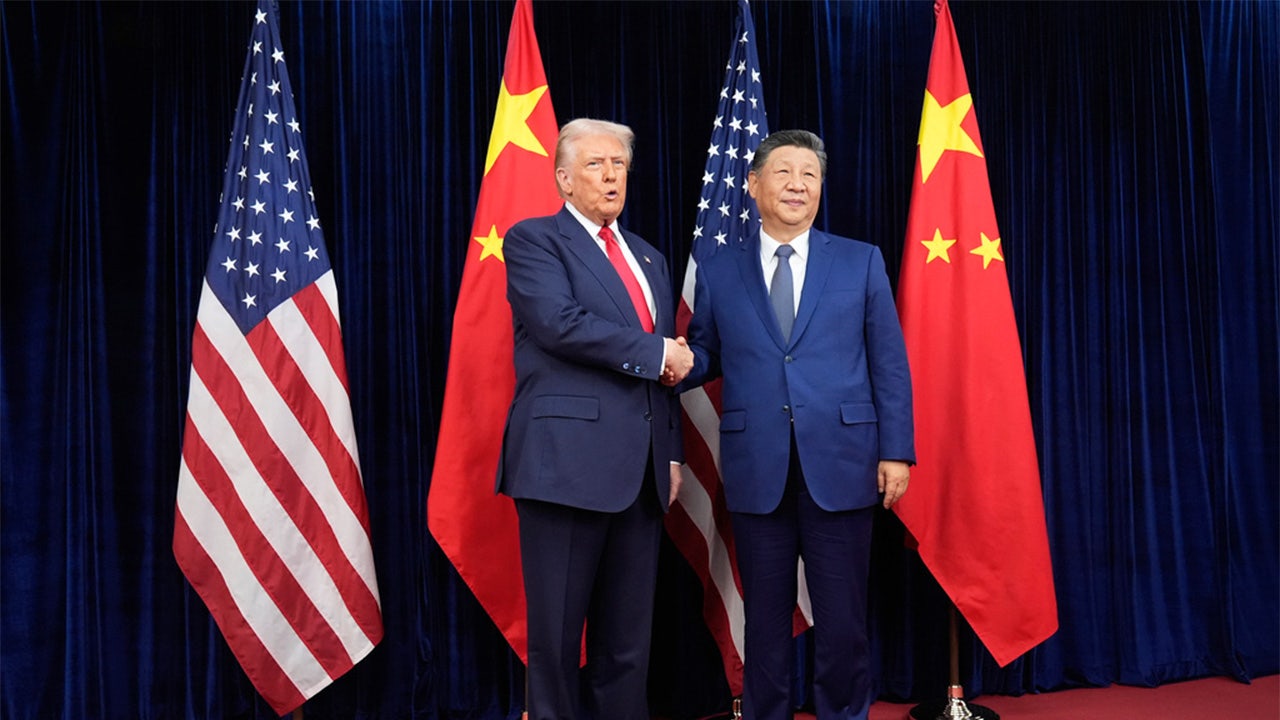Trump and Xi Jinping Announce Trade Agreements, Tariff Reductions; President Orders First Nuclear Test Since 1992
President Trump and Chinese leader Xi Jinping met in South Korea, reaching agreements on fentanyl tariffs, rare earth exports, and agricultural purchases, despite no formal trade deal.
Overview
- President Trump and Chinese President Xi Jinping held their first face-to-face meeting in six years in South Korea, lasting 100 minutes to address significant trade tensions.
- The US reduced fentanyl-related tariffs from 20% to 10%, while China agreed to delay restrictions on rare earth exports for one year, following commitments.
- China committed to immediately resuming significant purchases of US soybeans and other agricultural products, a key outcome from the discussions in South Korea.
- President Trump announced a broader reduction in average tariffs on Chinese goods from 57.6% to 47%, though no formal trade deal was reached.
- Trump praised the meeting as "amazing," rating it 12 out of 10, while also ordering the first US nuclear test since 1992.
Report issue

Read both sides in 5 minutes each day
Analysis
Center-leaning sources cover the Trump-Xi meeting neutrally, focusing on reporting the outcomes and omissions without overt editorial bias. They present Trump's positive assessment alongside factual details of agreements on fentanyl, rare earths, and soybeans. Crucially, they also highlight significant issues like Taiwan and TikTok that were not discussed, providing a balanced and comprehensive overview.
Articles (29)
Center (10)
FAQ
The meeting resulted in several key agreements: the U.S. reduced tariffs on Chinese goods from 20% to 10%, China agreed to delay restrictions on rare earth exports for a year, and China committed to resuming significant purchases of U.S. soybeans and other agricultural products. Additionally, the U.S. reduced overall tariffs on Chinese goods from about 57.6% to 47%.
The article does not provide specific reasons for President Trump's decision to order the first U.S. nuclear test since 1992. It only mentions the order in the context of other significant events.
Rare earth export restrictions were a significant point of contention between the U.S. and China. China's decision to delay these restrictions for a year was crucial in easing trade tensions, as rare earths are vital for tech manufacturing.
History
- 4h

 12 articles
12 articles
